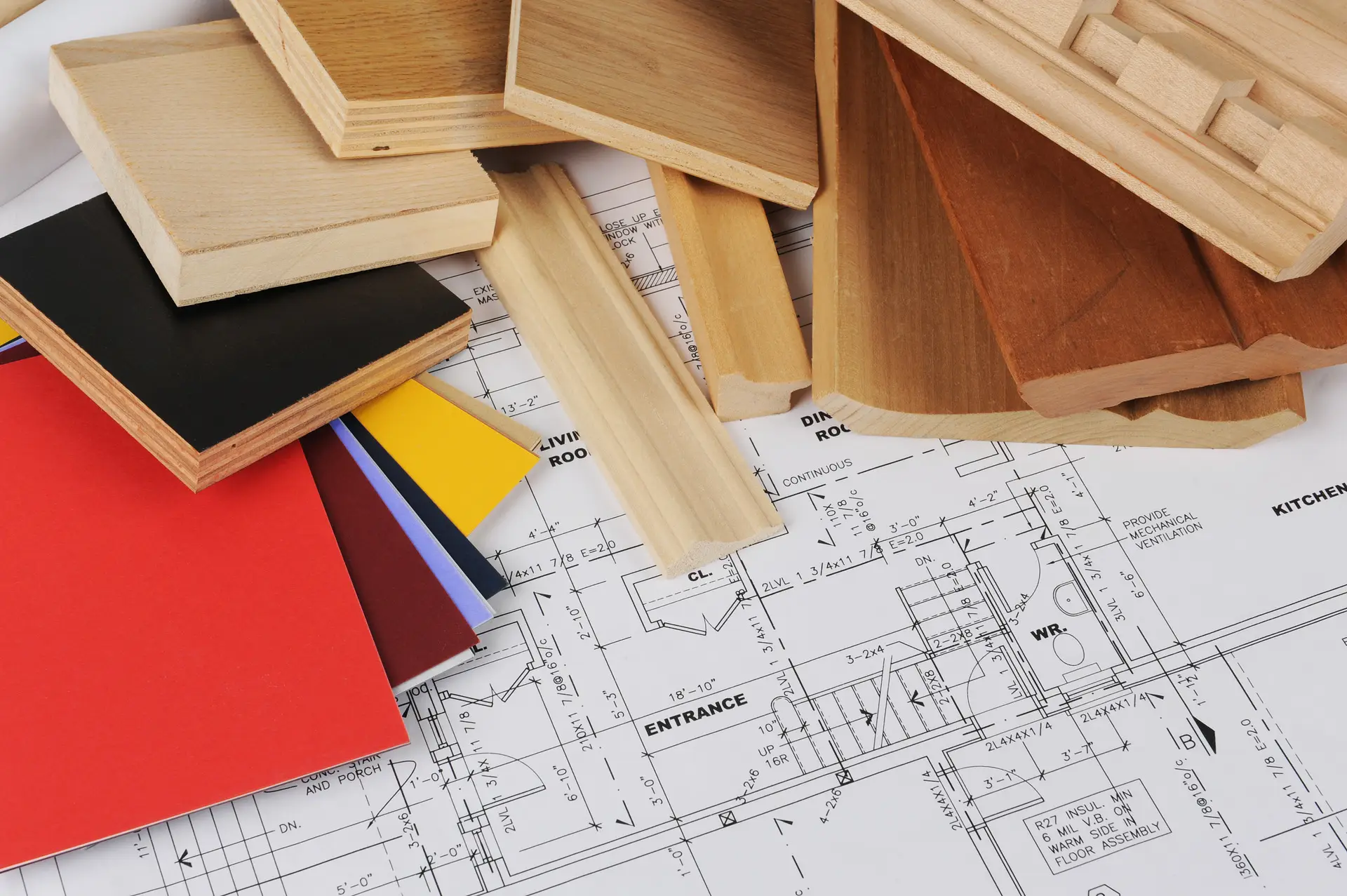Planning a commercial renovation or tenant improvement project in Metro Vancouver? Whether you’re upgrading a restaurant, retail store, office, or industrial space, having a well-defined budget is essential to ensuring a smooth and successful project. Here’s a step-by-step guide to help you estimate and align your budget effectively.
Step 1: Understand Your Project Scope
Before gathering price estimates, clearly define the scope of work. Consider: 9
- Size of the space (square footage)
- Type of renovations needed (structural changes, electrical, plumbing, HVAC, interior finishes, etc.)
- Building condition (new construction vs. existing space requiring demolition or major upgrades)
- Industry regulations and permits (compliance with local codes in cities like Vancouver, Burnaby, and Surrey)
Step 2: Use Available Online Resources for Ballpark Pricing
If you’re in the early planning phase, online sources can provide rough estimates:
- General searches for price per square foot can give you a baseline for different types of commercial renovations.
- Some architects or designers may provide ballpark pricing based on their experience.
- Industry reports and contractor blogs may list cost averages for tenant improvements.
Step 3: Consult an Experienced Architect
Architects familiar with commercial renovations in the Lower Mainland can provide an early cost estimate based on:
- Your space layout and design requirements
- Material selections and sustainability factors
- Building permit and code compliance considerations
While these figures are helpful, they are preliminary and should be validated with actual contractor quotes.
Step 4: Work with a General Contractor for an Accurate Budget Price
To get a more accurate project cost, it’s best to work with a commercial general contractor like Benjamin Contracting, who can:
- Provide a budget price based on your architect’s design
- Assess existing building conditions, factoring in demolition and accessibility requirements
- Offer cost-saving solutions without compromising on quality
- Break down the cost by trade, including materials, labor, permits, and contingency funds
Step 5: Factor in Permit & City Fees
Each city in Metro Vancouver, including Vancouver, Burnaby, and Coquitlam, has different permit requirements and fees. Consider:
- Building Permit Fees (varies based on project value)
- Development Permit Fees (if required)
- Inspection Fees and other municipal costs
Check your city’s website for up-to-date permit fees and approval timelines.
Step 6: Plan for Unexpected Costs & Contingencies
Commercial renovations often uncover hidden challenges such as:
- Structural issues in older buildings
- Electrical or plumbing upgrades required for compliance
- Extended permit approval timelines
Setting aside 10-20% contingency in your budget can help cover unexpected expenses without delaying your project.
Step 7: Finalize and Align Your Budget
Once you’ve gathered estimates from your architect, general contractor, and city permitting office, finalize your budget with:
- A detailed breakdown of material and labor costs
- A clear timeline for completion
- Confirmation of any financing or funding options available
Check your city’s website for up-to-date permit fees and approval timelines.
Start Your Project with Confidence
Budgeting for a commercial improvement or renovation doesn’t have to be overwhelming. By leveraging online resources, working with an experienced architect, and consulting with a knowledgeable general contractor like Benjamin Contracting, you can align your price expectations and plan effectively.
Need a budget estimate? Contact Benjamin Contracting today to get a detailed cost breakdown based on your project design and existing building conditions.
- Structural issues in older buildings
- Electrical or plumbing upgrades required for compliance
- Extended permit approval timelines
Setting aside 10-20% contingency in your budget can help cover unexpected expenses without delaying your project.

